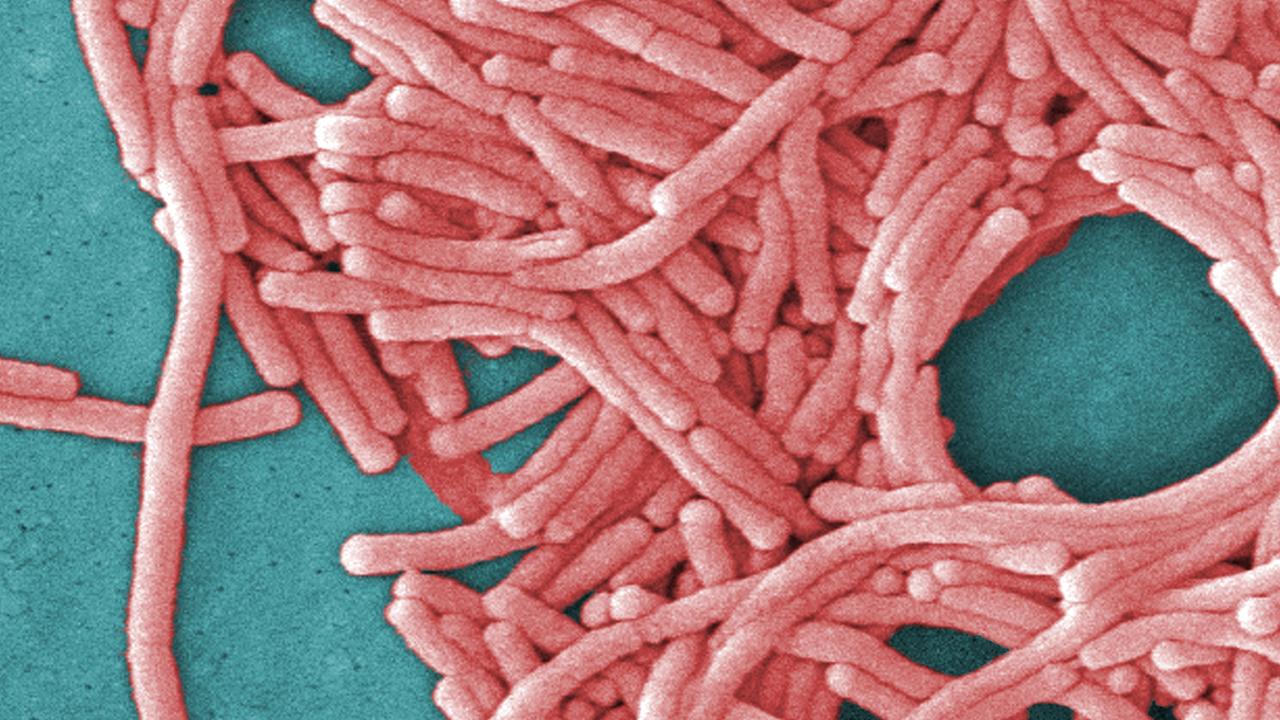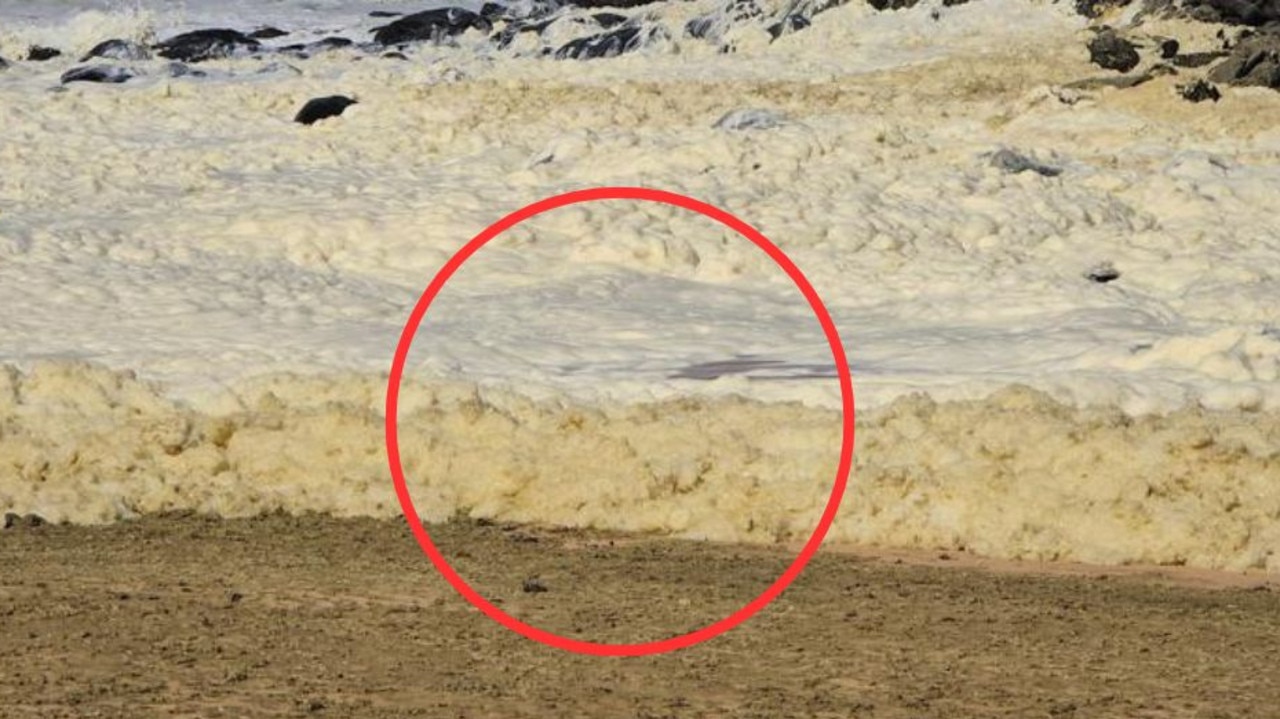Anti-vaccination beliefs linked to childhood trauma, researchers find
Researchers investigating the source of anti-vaccination beliefs have discovered that they may be linked to a particular childhood experience.
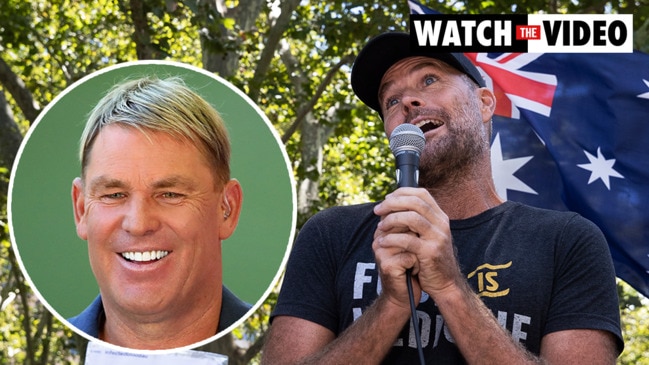
Anti-vaccination beliefs are more common among those who have experienced abuse and neglect during childhood, a new study has found.
The paper, published last month in the journal PNAS Nexus, sought to understand why some people “have been so passionately, often angrily” opposed to Covid-19 vaccines by tapping into a rare, five-decade cohort study spanning childhood to midlife.
Researchers led by Duke University Psychology Professor Terrie Moffitt turned to their database, the Dunedin Multidisciplinary Health and Development Study, which has been tracking all of the nearly 1000 people born in 1972 and 1973 in a single town in New Zealand, measuring multiple social, psychological and health factors in each of the participants’ lives.
They ran a special survey of their participants in the middle of 2021 to gauge vaccination intentions shortly before the vaccines became available in New Zealand. They then matched each individual’s responses to what they know about that person’s upbringing and personality style.
“We had so many friends and family who initially said that the pandemic was a hoax, and then refused to wear a mask or social-distance, and kept singing in the choir and attending events,” Prof Moffitt said in a statement.
“And then when the vaccines came along, they said ‘over their dead bodies’, they would certainly not get them. These beliefs seem to be very passionate and deeply held, and close to the bone. So we wanted to know where they came from.”
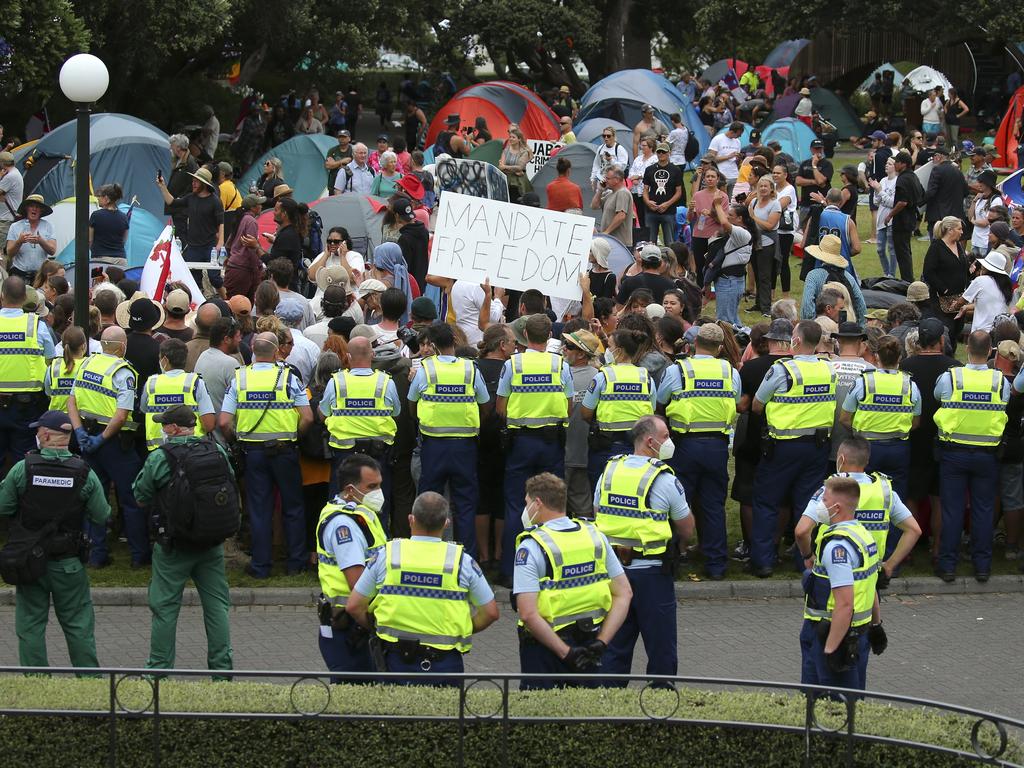
Of the 832 cohort members who responded, 622 (75 per cent) said they definitely or probably intended to be vaccinated, 101 (12 per cent) said they did not know enough to decide, and 109 (13 per cent) said they definitely or probably did not intend to be vaccinated.
The researchers found that adult vaccine intentions “hearkened back to childhood experiences and adolescent personality”.
“Forty years ago, vaccine-resistant and to a lesser extent vaccine-hesitant adults were exposed to significantly more adverse childhood experiences marked by abuse, neglect, threat and deprivation,” the paper said.
Vaccine-resistant and vaccine-hesitant groups showed higher “negative emotionality” during adolescence than their vaccine-willing peers.
“They scored higher on measures of stress reactivity (the tendency to mentally shut down under stress), alienation (the tendency to feel mistreated and expect the worst from others) and aggression (the willingness to hurt others for own advantage), on which the resistant group scored extremely high,” the paper said.
“In addition, the vaccine-resistant group scored extremely low on traditionalism, where a low score indicates valuing personal freedom over social norms, and being nonconformist.”

The survey also showed that among the vaccine-resistant “the mistrust was widespread”, extending not only to institutions (government, scientists, doctors, news media, drug companies), influencers (celebrities, social media), but also to friends, family, co-workers and faith leaders, according to the paper.
“That suggests to us that they learned from a tender age ‘don’t trust the grown-ups’,” Prof Moffitt said.
“If anyone comes on to you with authority, they’re just trying to get something, and they don’t care about you, they’ll take advantage. That’s what they learned in childhood, from their experiences growing up at home. And that kind of learning at that age leaves you with a sort of a legacy of mistrust. It’s so deep-seated that it automatically brings up extreme emotions.”
The researchers added that “many vaccine-resistant and hesitant participants had cognitive difficulties in comprehending health information”.
The resistant and hesitant groups had scored lower on mental processing speed, reading level and verbal ability as children. At age 45, before the pandemic, these people were also found to have less practical everyday health knowledge. The findings were the same when controlled for the participants’ socio-economic status.
Childhood trauma casts a ‘long shadow’
The paper, which examined how to design effective pro-vaccination messaging, said to do so it was important to know “where people are coming from”.
Co-author Stacy Wood, Professor of Marketing at North Carolina State University, said childhood experiences cast a “long shadow”.
“If your trust is abused as a child, later on, four decades later, you still don’t trust,” she said. “That’s not trivial. I’m not going to get around that with a cool campaign or a celebrity endorser.”
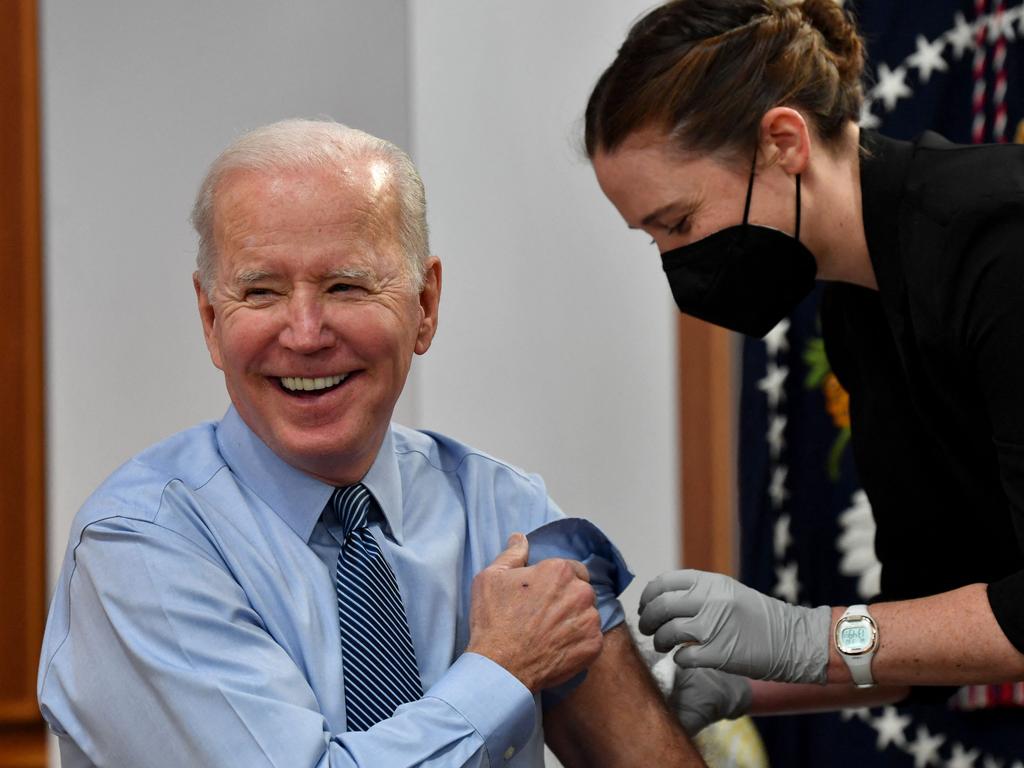
Prof Wood, who specialises in health messaging, said many healthcare workers had taken resistance to vaccines personally and could not comprehend why patients refuse so adamantly.
“Doctors and hospitals have been asking us, ‘Why would people be so resistant? Why can’t we convince them with data?’” she said.
“The root of this is, you can’t change this as a healthcare provider. And it’s not about you. It’s not a diminution of your service and your warm intent. The best investments we could make now would be in building children’s trust and building stable environments, and ensuring that if the individual caregiver fails them, society will take care of them.”
Co-author Avshalom Caspi, Professor of Psychology and Neuroscience at Duke University, said, “Preparing for the next pandemic has to begin with today’s children. This isn’t a contemporaneous problem. You can’t combat the hesitancy and the reluctance with adults who have been growing up to resist it their entire lives.”
Prof Moffit added that pro-vaccination messaging was not operating in a vacuum.
“It’s competing against the anti-vax messaging on social media,” she said.
“The anti-vaxxers are winding people up with mistrust and fear and anger. It creates a situation where their audience is very distressed and upset and then can’t think clearly. They’re manipulating emotions, which reduces cognitive processing.”




